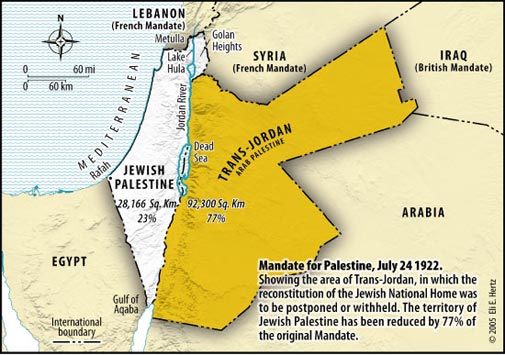Elie Wiesel's decision to turn down the offer to become Israel's next President is to be deeply regretted.
Mr Wiesel, 77, was awarded the Nobel Peace Prize in 1986. The Norwegian Nobel Committee called him a
"messenger to mankind,"noting that through his struggle to come to terms with
"his own personal experience of total humiliation and of the utter contempt for humanity shown in Hitler's death camps,"as well as his
"practical work in the cause of peace,"he had delivered a powerful message
"of peace, atonement and human dignity"to humanity.
Mr. Wiesel lives in America where he teaches at Boston University. He became an American citizen in 1963. He has recently received an honorary knighthood from the Queen of England.
Hopefully it is not too late to have Mr Wiesel rethink his decision.
The position of President is ceremonial only and carries no political power. However it offers the holder the opportunity to come into contact with all sectors of Israeli society and Jews worldwide and to represent Israel on State visits to other countries.
The President is the public persona of Israel and the Jewish people.
It was an inspired decision that led Israel's Prime Minister, Ehud Olmert, to offer the Presidency to a non-Israeli at this time.
It recognised that 9 million of the world's Jewish population of 14 million do not live in Israel yet could still aspire to be appointed to the most prestigious and honourable position in the country.
Such an appointment would acknowledge the close relationship and mutual dependency between Jews in Israel and outside Israel and emphasise that the fate of each is bound up with and affects the fate of the other.
Many Jews living outside Israel have children and grandchildren who have migrated to and settled, in Israel. Others have business interests that lead to them spending extensive periods of time in Israel. A large number make frequent visits particularly at times of high religious significance.
Programs for young people attract tens of thousands annually to spend many weeks, months and even years in Israel reinforcing their Jewish identity resulting, in many cases, in their migrating to Israel permanently. All Jewish educational programs outside Israel involve the teaching of the history and geography of Israel from biblical times to the present day.
The appointment of a non-Israeli Jew as President would give renewed meaning to the Mandate for Palestine created by the League of Nations in 1922.
The Mandate endorsed
"the establishment in Palestine of a national home for the Jewish people"thereby giving recognition
"to the historical connection of the Jewish people with Palestine and to the grounds for reconstituting their national home in that country"without prejudice to
"the rights and political status enjoyed by Jews in any other country".
The international community confirmed this commitment in 1946 by inserting Article 80 into the United Nations Charter giving Jews living anywhere in the World at that time or future generations the entitlement in international law to take up residence there at any time of their own choosing.
Israel is going through one of the most difficult periods since its establishment in 1948 as it now faces
(i) internal political scandals involving its current President, Moshe Katsav, Prime Minister Olmert, other politicians and military leaders,
(ii) calls for its total destruction by Iranian President Ahmadinijad and the Hamas led Government in Gaza
(iii) demands from the European Union and the 22 Arab States making up the Arab League that Israel withdraw to insecure and indefensible boundaries notwithstanding the provisions of United Nations Security Council Resolution 242.
A non-Israeli President could well serve as the rallying point for Jews in Israel and elsewhere to overcome the malaise that appears to have settled upon the Jewish people. This is encouraging Arab enemies of the Jewish State to believe that the time is fast coming for another all out attack to eliminate this thriving democratic State from among the nations of the world.
Israel desperately needs to stir the World's conscience and memory of its decisions to allow the Jews to return to the tiny country from whence they were expelled more than 2000 years ago, to ensure they will never be driven out again, and to guarantee that Israel will have sufficient space to absorb future generations of Jews who may wish to migrate and settle there.
Appointing an eminent and distinguished non-Israeli as the next President of the State of Israel could indeed be the catalyst that will help achieve these objectives.
